Please login or click here to join.
Forgot Password? Click Here to reset pasword
This house was originally part of an Augustinian Priory, it was only converted into a charming Elizabethan manor house during the 16th century when the Dryden family purchased it as their main residence. Today, it is owned by the National Trust.
Since its inception the house has undergone several periods of change, it was altered late in the 16th century, again in 1630, and most latterly in 1710. Very little appears to have been done to the property since this date, save for the restoration of parts of the garden, including the 18th century terraces and walls.
The interior of the house shows a rich collection of wall paintings and fine Jacobean plasterwork. The drawing room possesses an elaborate Domed ceiling with quite exceptional plasterwork and is lit with three long sash windows giving the overall impression of grace and light. The parlour is a pretty room, with walls painted in the classical trompe-l'oeil style, the perfect background for the lovely needle-point covered furniture.
Nearly everything in this house has associations with members of the Dryden family, particularly the oak bookcases in the small library, these were added by Sir Henry Dryden who used the room as a study. Amongst the leather-bound books are those written by famous literary figures who visited Canon's Ashby, these include the poet Edmund Spencer, John Dryden who became poet laureate and Samuel Richardson, author and playwright - he is thought to have written most of "Sir Charles Grandison" while staying here. In stark contrast is the kitchen and dairy, these show the marked difference between the lives of those living above and below stairs.
The gardens have the same delightful intimate atmosphere as the house, here visitors can stroll amongst colourful herbaceous borders and see fruit trees contemporary with the 16th century. Formal gardens surround the house from which a flight of old stone steps descends leading visitors towards lawns and the home paddock which the national trust has replanted with sweetly scented wild flowers.
In the grounds is all that is left of the original Augustinian Priory, a small, but rather grand church which despite being reduced to almost a quarter of its size remains impressive, giving visitors an idea of just how prosperous a place this once was.

in the county of Northamptonshire
(3.8 miles, 6.1 km, direction S)USA President George Washington's ancestral home in England...
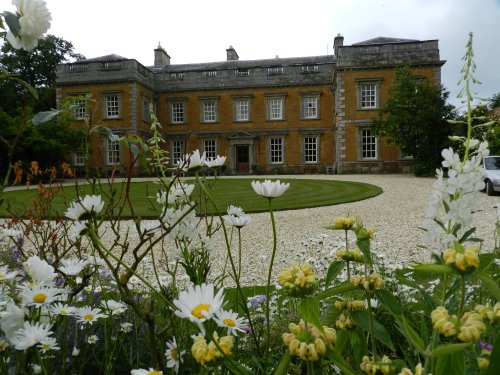
in the county of Warwickshire
(8.8 miles, 14.1 km, direction W)Traditionally known as the last outpost of the Cotswolds...

a Picturesque Village in the county of Northamptonshire
(10.4 miles, 16.7 km, direction E)Lying just south of Northampton this beautiful canal village offers a wealth of interest to any boating enthusiast or any country lover...

a Picturesque Village in the county of Oxfordshire
(11.5 miles, 18.6 km, direction SW)Quintessential pretty Oxfordshire village showing a wealth of attractive thatched cottages, built mostly following a fire which struck the village during the latter half of the 17th-century...
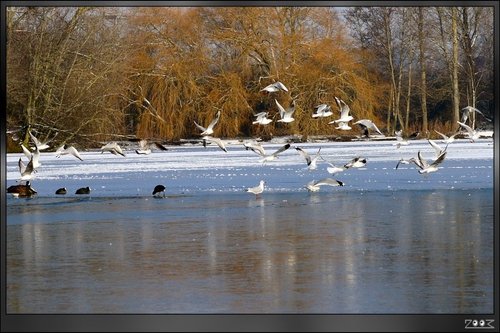
a Historic Market Town in the county of Northamptonshire
(12.5 miles, 20.1 km, direction NE)The landscape of Northampton is dotted with reminders of its illustrious history. Despite the great fire of 1675 when much of Northampton was destroyed, it was rebuilt in such a.....
All towns in Northamptonshire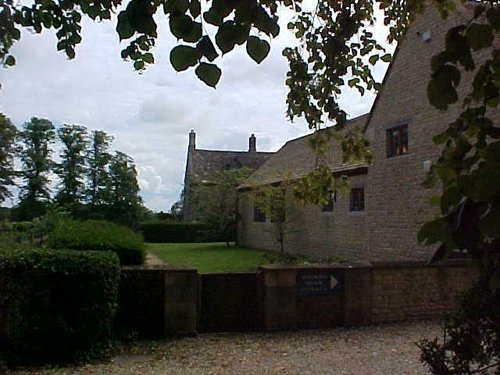
This delightful Tudor house is the very epitome of the comfortable English country home, and yet it embodies all that is best of.....
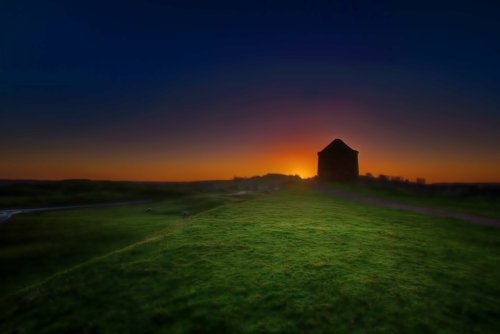
This is a delightful country park covering almost 100 acres of rugged landscape full of rich and varied historical interest. The.....
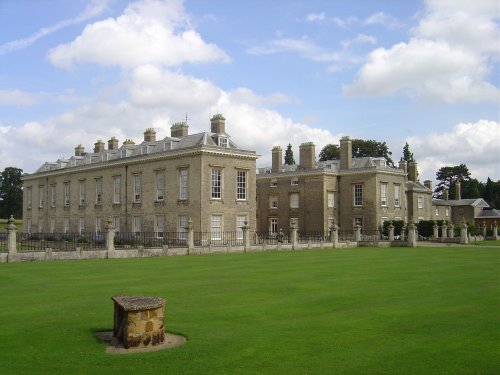
Althorp (said Althrup) has been in the Spencer family since 1508. It has undergone many major changes over the generations and.....
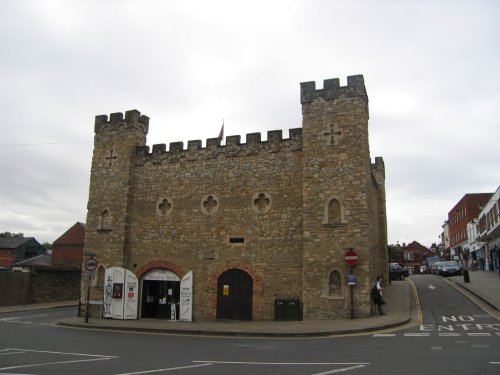
..
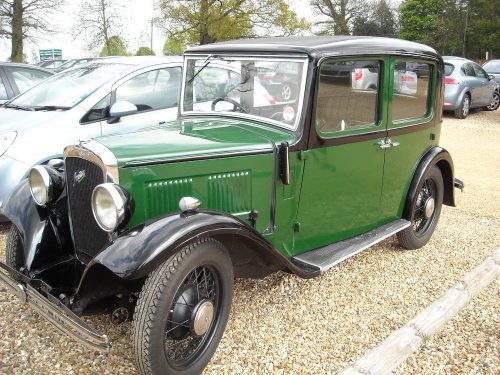
The impressive mansion, built in the 17th century on an earlier site, was remodelled in the 1920s by the 2nd Viscount Bearsted,.....